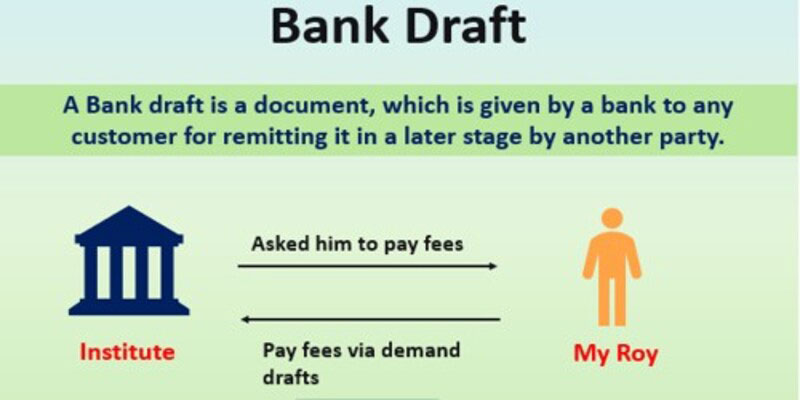When it comes to financial decision-making, understanding the difference between credit reports and investigative consumer reports is essential. Credit reports offer a snapshot of an individual’s current credit standing, while investigative consumer reports provide more in-depth information about a person’s background. This article will discuss the differences between these two types of reports to help you make informed decisions.
What are Credit Reports?
Credit reports list a person’s past and present borrowing, payment history, outstanding debt, open lines of credit, and other related information. They are generated by one or all three major credit bureaus (Equifax®, Experian®, and TransUnion®) when requested by lenders during pre-approval processes for loans, mortgages, auto financing, and other credit activities.
What are Investigative Consumer Reports?
Investigative consumer reports are more in-depth than credit reports, as they search a person’s background to provide additional information on an individual’s personal or professional life. They may include educational records, employment history, motor vehicle records, and criminal records. These types of reports are typically used by employers when hiring decisions or by landlords when screening potential tenants.
Sources of information used to create these reports:

Investigative consumer reports are typically generated using public records, interviews, and online databases. This includes information from criminal records, credit reports, court documents, scholarly sources, and professional references.
Differences between these two types of reports:
The differences between these two types of reports can be essential when making financial or hiring decisions. Credit reports provide helpful insight into an individual’s current credit standing. In contrast, investigative consumer reports delve deeper into a person’s background to reveal more detailed information about their reliability as an employee or tenants. Understanding the differences between the two can help ensure that you make informed decisions and protect yourself against any potential risks.
Types of information included in a credit report:
Credit reports typically include a person’s open lines of credit, payment history, current debt, and other related financial information. This can help lenders assess an individual’s creditworthiness when they apply for new loans or financing.
Types of information included in investigative consumer reports:
In contrast, investigative consumer reports may include educational records, employment history, motor vehicle records, and criminal records. These reports typically uncover potential red flags affecting an individual’s reliability as a tenant or employee.
Tips on how to obtain copies of both kinds of reports:
You must first provide written permission and detailed contact information to obtain copies of both reports. Credit reports can be obtained online through the three major credit bureaus, while investigative consumer reports are usually requested directly from a third-party reporting agency. You may also have the option to use a credit monitoring service that will alert you when changes occur on your report.
Understanding the differences between credit and investigative consumer reports is vital for making informed decisions about financial activities or potential hires. While credit reports offer an overview of an individual’s current standing, investigative consumer reports delving deeper into their background by utilizing public records and other sources of information. Understanding which type of report best suits your needs and how to obtain copies of each is essential.
How to Interpret Your Credit Report and Protect Yourself from Identity Theft:

Understanding your credit report and its information is essential for protecting yourself from identity theft. Your credit report includes crucial personal information such as your Social Security number, address history, and open lines of credit, which can be used to access your accounts or commit fraud. For this reason, you must take steps to protect yourself against potential threats.
When reviewing your credit report, look for anything unusual, such as unfamiliar accounts or inaccurate information. If you notice any suspicious activity, immediately contact the lender and the three major credit bureaus---Experian, TransUnion, and Equifax---to report the issue. You should also consider placing a fraud alert on your account if necessary.
Conclusion:
Credit and investigative consumer reports are important documents that can provide valuable insight into an individual’s financial standing or background. Understanding the differences between the two types of reports and how to obtain copies of each is critical for making informed decisions about potential hires or business investments. Additionally, you must protect yourself from identity theft by regularly reviewing your credit report for any suspicious activity. By following these tips, you can help ensure that you make the best decisions possible and remain protected against potential threats.
FAQs:
Q: What is included in a credit report?
A: Credit reports typically include an individual’s open lines of credit, payment history, current debt, and other related financial information.
Q: How do I obtain copies of both types of reports?
A: You can obtain copies of both reports by providing written permission and detailed contact information. Credit reports can be obtained online through the three major credit bureaus, while investigative consumer reports are usually requested directly from a third-party reporting agency. You may also have the option to use a credit monitoring service that will alert you when changes occur on your report.
Q: What should I look for when reviewing my credit report?
A: When reviewing your credit report, look for anything unusual, such as foreign accounts or inaccurate information. If you notice any suspicious activity, immediately contact the lender and the three major credit bureaus to report the issue. You should also consider placing a fraud alert on your account if necessary.




